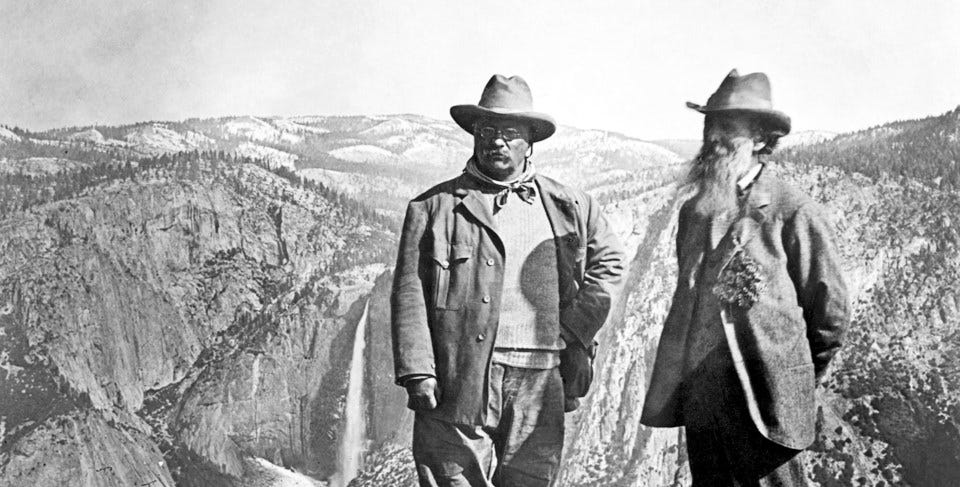Yes, I know what’s on your mind with your protests against religious regulations. It’s sex.
You’re right that religion has regulated sexuality with condemning judgments and discriminatory laws. Religion has denounced homosexuals and those with nonconforming gender identities, ostracized them from their community and driven them into secret lives. Many religions continue to prohibit divorce, despite spousal cruelty and abandonment. And, these regulations and their abusive impact have been justified by scripture.
Scripture, as well, is the source of another common form of abuse – the abuse of children in the name of God. The Hebrew book of Proverbs counsels, "Do not withhold discipline from your son; though you beat him with a rod he will not die ...".
And let’s not forget this nugget from Deuteronomy that advises parents of incorrigible sons to let the city’s elders stone their sons to death.[1]
Here’s a small but stunning example from American history. In 1831 Francis Wayland, a Baptist minister and fourth President of Brown University, decided one day that he had to break the stubborn will of his 15-month-old infant. He isolated the toddler in his bedroom and withheld bread and milk until the toddler finally came to him and “asked him sweetly” for food. This so-called “fast” lasted from Thursday, 5 PM until Saturday 3 PM! And Rev. Wayland was so impressed by his program of regulation, that he described it in an essay for his fellow Baptists. [2]
Yes, it’s an ugly part of religion. The regulation of human desire can tip into discrimination, violence, broken lives and abuse.
The Positive Power of Religious Regulation:
Super-regulators
Is there anything positive to say about religion’s regulation of desire? The therapies, wearables and bariatric surgeries of the secular world seem, by comparison, awfully tame!
The power – and, yes, the danger – of religious regulation is that it springs from community aspiration, supported by ancient teachings and the felt power of God’s will. And religious communities celebrate those who excel in such regulation, what we might call “super self-regulators.”
Those super-regulators are an important class of people that we see across religions – they’re typically called, “ascetics.” Ascetics practice self-discipline and renunciation of worldly pleasures to draw closer to the Divine. But that experience of closeness with divine power often leads them back to serve their communities. Their self-regulating behavior benefits their community, not just the self.
For example, Buddhism teaches detachment from pleasures, possessions, and human relationships in the quest for enlightenment. It would seem that the “higher” one goes in Buddhism, the more one would withdraw from others. Yet those most advanced in this quest for enlightenment choose to “return” to the realm of relationships and worldly concerns, in an act of extraordinary compassion for others. These super self-regulators are called, “bodhisattvas,” and they take this vow: "Any may come and ask, and I shall give as they desire to have."
Hinduism, Islam, and Christianity have their own versions of such ascetic practices and holy people, practicing self-regulation not just for self-advancement, but for the sake of others. These super self-regulators wield unusual influence in their communities but eschew the entrapments of worldly power. We think of ascetics such as Dorothy Day, Mahatma Gandhi, Simone Weil, Thích Nhất Hạnh, and Mother Teresa who regarded their fame with ambivalence but deployed it strategically for others’ good.
I think especially of John Muir, whose forest trails you’re now discovering in your trips to Yosemite, Mammoth, and other national parks. Muir explored the Sierras and American West with just a loaf of bread and some tea. A devout Christian, he explained his diet as "feeding on God's abounding, inexhaustible spiritual beauty bread."[3] Influenced by his readings of the Gospels, Muir had no taste for property or power. Yet, for the sake of saving Yosemite from developers and ranchers, he entered the realm of politics, lobbying leaders and writing articles and letters.
Muir even escorted Teddy Roosevelt into Yosemite, where the two outdoorsmen declined the tents used by Roosevelt’s party, choosing to sleep under the late autumn stars. They awakened in the morning, covered by snow!
(To be continued June 9, Chapter Six Episode 26)
To Eight Trails readers: Does this post suggest a moment you’ve experienced and, perhaps, a photo you took? Share your reflections and photos with me by clicking “reply” to this emailed post. I would be delighted to include them in new posts — of course, crediting you!
[1] Deuteronomy 21:18–21 “If any man has a stubborn and rebellious son who will not obey his father or his mother, and when they chastise him, he will not even listen to them, then his father and mother shall seize him, and bring him out to the elders of his city at the gateway of his hometown. And they shall say to the elders of his city, ‘This son of ours is stubborn and rebellious, he will not obey us, he is a glutton and a drunkard.’ Then all the men of his city shall stone him to death; so you shall remove the evil from your midst, and all Israel shall hear of it and fear.”
[2] The Rev. Francis Wayland, American Baptist Magazine, October 1831 (https://www.merrycoz.org/articles/WAYLAND.xhtml)
[3] https://vault.sierraclub.org/john_muir_exhibit/life/john_muir_menu_j_parker_huber.aspx





Thanks, Malcolm. When the student is ready, the teacher will come!
I was raised a liberal Methodist, but several weeks after my mother died I discovered an Alan Watts book " On the taboo against knowing who you are, and added Zen to my understanding.